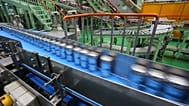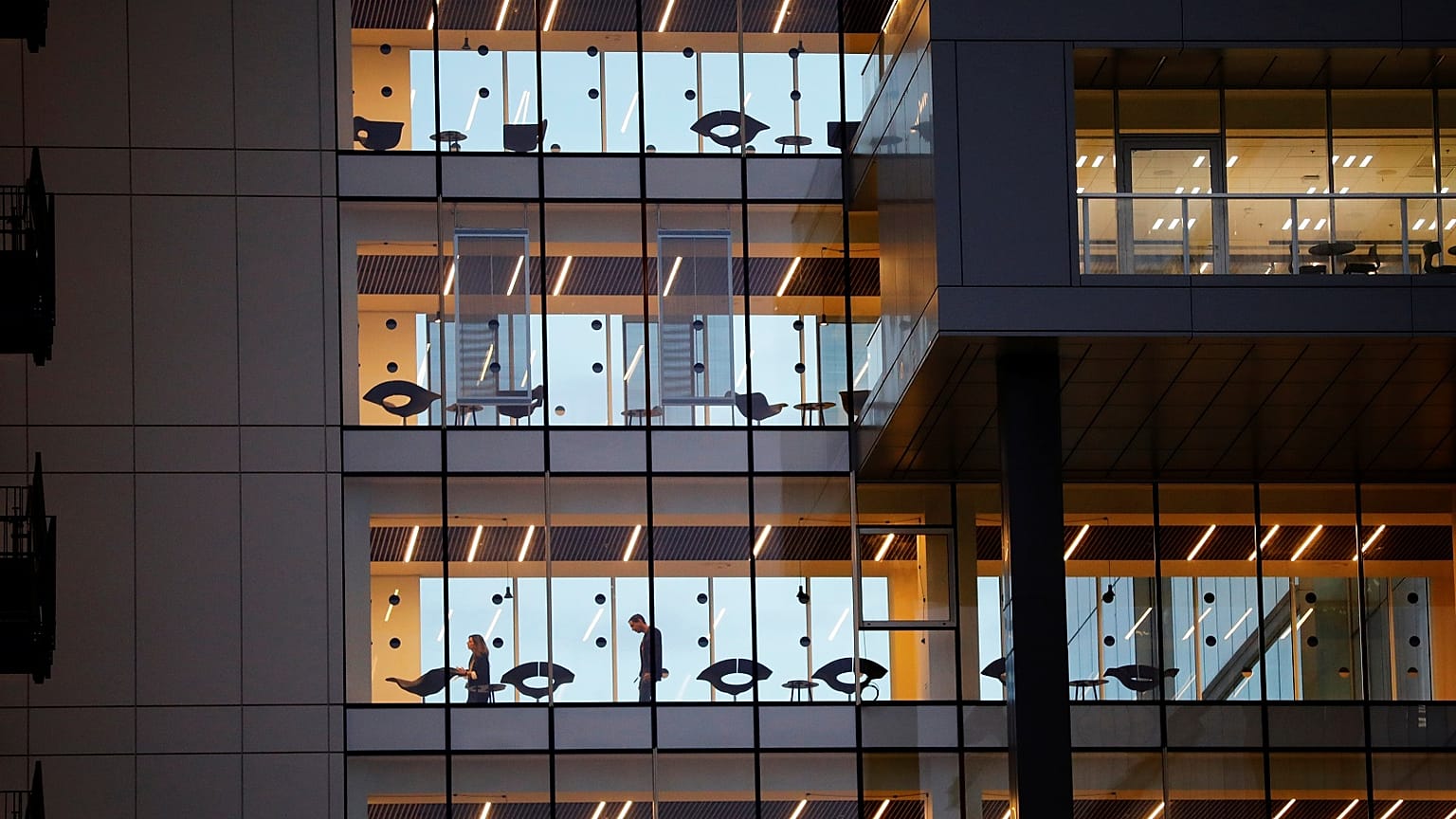Israel boasts the second largest tech ecosystem outside of Silicon Valley, accounting for a fifth of GDP. Now war poses major disruption.
 ADVERTISEMENT
ADVERTISEMENT
Tech companies operating in Israel are expected to fortify security as they could face disruptions, said investors and analysts, as the Israeli military shifted to a war footing that may include a full-scale invasion of the Gaza Strip.
Hamas gunmen from Gaza killed hundreds of Israelis and abducted an unknown number of others, reigniting conflict in the region.
High-tech industries have for a few decades been the fastest growing sector in Israel and crucial for economic growth, accounting for 14 per cent of jobs and almost a fifth of gross domestic product (GDP).
Israeli stock and bond prices slid on Monday after gunmen from the Palestinian group Hamas rampaged through Israeli towns on Saturday.
Militants also fired thousands of rockets into Israel in a surprise attack. Some rockets reached as far as Tel Aviv, prompting airlines to suspend flights to and from Israel.
Israel retaliated with air strikes on Hamas targets in Gaza, and hundreds of people have died.
"It is a huge disruption to business as usual," said Jack Ablin, chief investment officer and founding partner at Cresset Wealth Advisors. He said in the short-term resources could be diverted if the conflict expands, such as staff at tech companies being called up as military reservists.
Tech staff called up as reservists
Israel has already said it would call up an unprecedented 300,000 reservists, many of which could come from US-based tech operations.
"We’re preparing for this to take a while," said Noam Schwartz, the Israeli-born founder and chief executive of ActiveFence, a tech firm that specialises in online threats with headquarters in New York and Tel Aviv.
His company will keep serving customers during the conflict, he said, even as he expects to return to Israel for military duty.
"We have enough people worldwide to make sure everyone is in check".
Quincy Krosby, chief global strategist at LPL Financial in Charlotte, North Carolina, said there will likely be a "tremendous effort" to guard physical installations for companies based in Israel from attacks because some technology spending is tied to the military.
US tech shares were largely down, including bellwethers with large operations in Israel.
A spokesperson for chipmaker Intel, Israel's largest private employer and exporter, said the company was "closely monitoring the situation in Israel and taking steps to safeguard and support our workers."
The spokesperson declined to say whether chip production has been affected by the situation. Intel's shares fell 0.5 per cent on Monday.
Nvidia, the world's largest maker of chips used for artificial intelligence and computer graphics, said it had canceled an AI summit scheduled for Tel Aviv next week, where its CEO Jensen Huang was due to speak.
Israel-based Tower Semiconductor, which provides customers with analog and mixed-signal semiconductors, mainly for the automotive and consumer industries, said it was operating as usual. Its New York-listed shares fell 4.9 per cent.
Other tech giants, Meta Platforms, Alphabet, and Apple did not respond to requests for comment. Microsoft declined to comment.
Israel's technology sector had already been facing a slowdown in 2023, exacerbated by internal political conflict and protests. A growing number of Israel's tech startups have been incorporating in the United States.
AI sector boosted by military spending
Israel's tech sector dates back to 1974 when Intel established a presence, but the start-up scene took off in the 1990s, earning a reputation as the world's second-largest tech centre outside of Silicon Valley, with thousands of companies and developing a significant ecosystem.
There are now 500 multinationals operating in Israel - mainly research and development centres after buying Israeli start-ups - from Intel to IBM, Apple, Microsoft, Google, and Facebook.
Israeli prime minister Benjamin Netanyahu in June said Intel was planning to spend $25 billion (€23.6 billion) on a new factory in the southern city of Kiryat Gat some 42 km from Gaza.
Due to open in 2027, he called it the largest-ever international investment in the country that could employ thousands of people and would add to its chip plants and design centres there.
In the longer term, the tech and AI sector, where Israel has been a leader, could see increased investment because of the industries' close tie-in with military spending, LPL's Krosby said.
"They will probably increase the investment in AI," Krosby said.
"When a country is caught literally off guard the first thing they look at - besides the obvious problems with intelligence - is what was missed within the security systems".

















